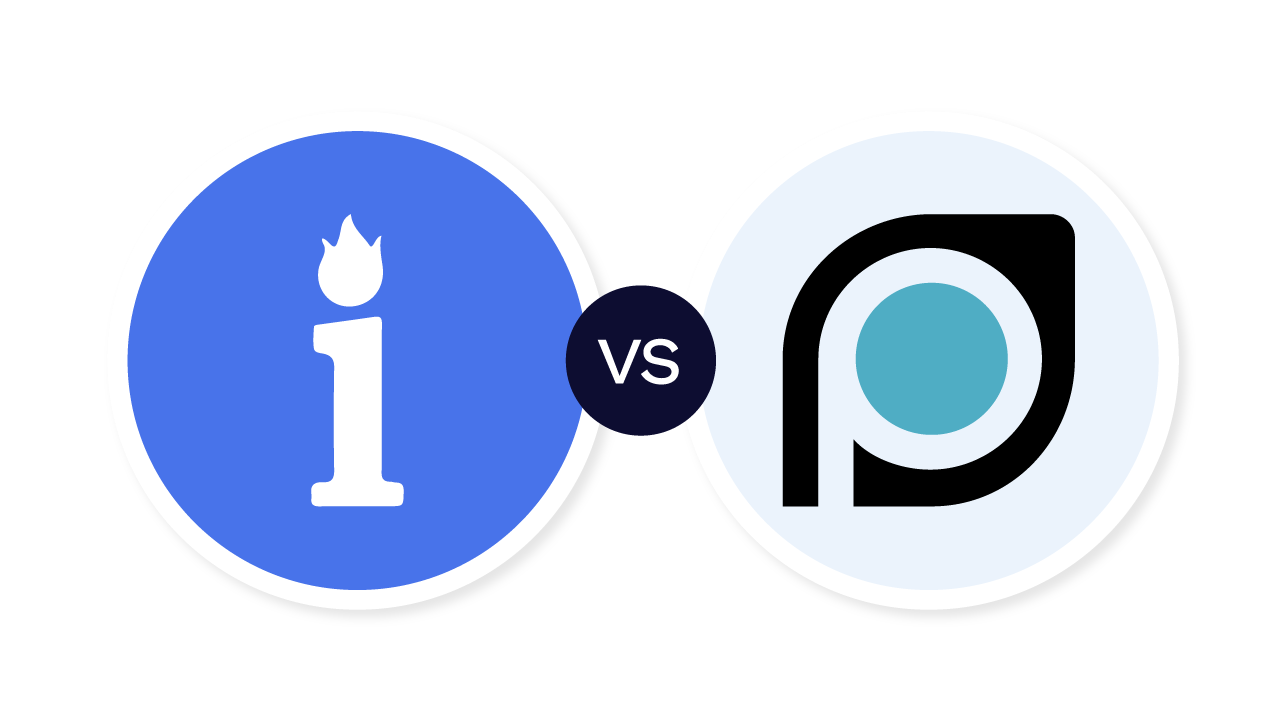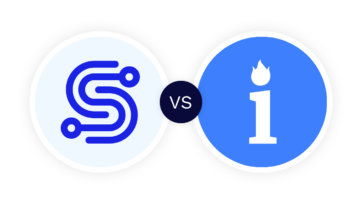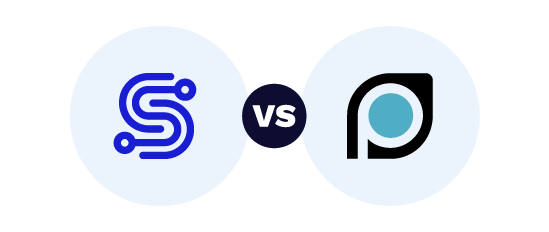The team at ScraperAPI was so patient in helping us debug our first scraper. Thanks for being super passionate and awesome!

A dead simple API plus a generous free tier are hard to beat. ScraperAPI is a good example of how developer experience can make a difference in a crowded category.

I researched a lot of scraping tools and am glad I found ScraperAPI. It has low cost and great tech support. They always respond within 24 hours when I need any help with the product.



